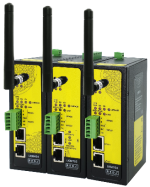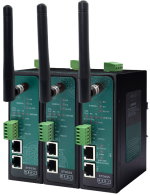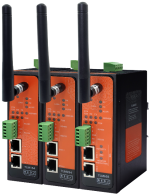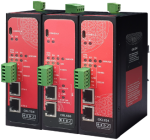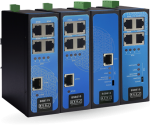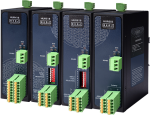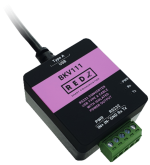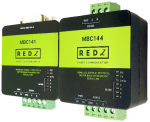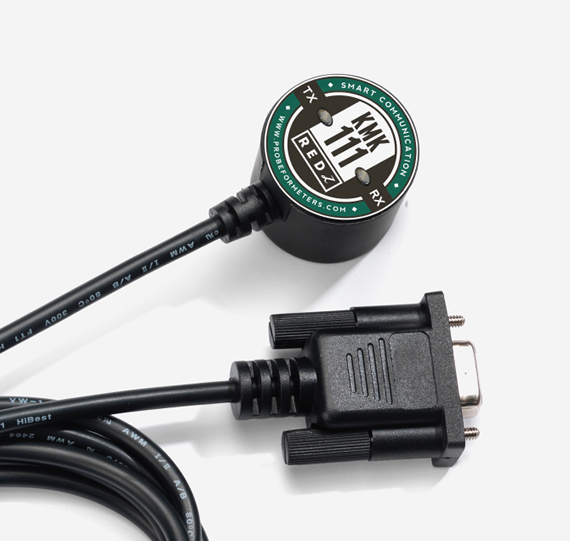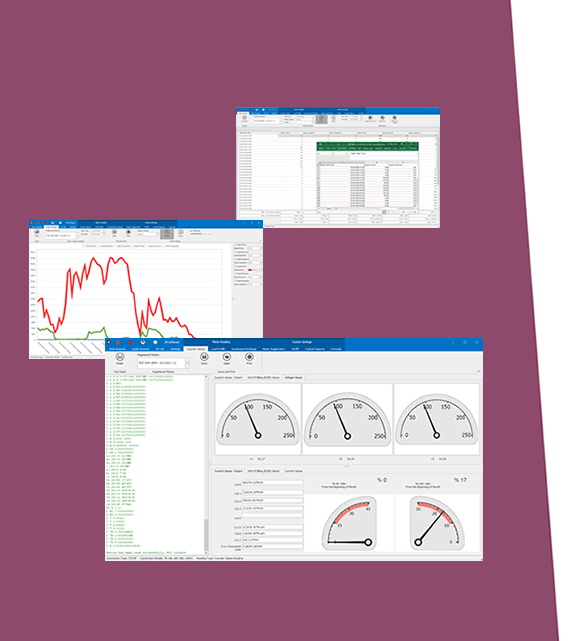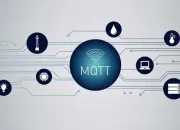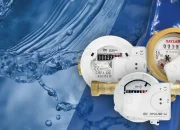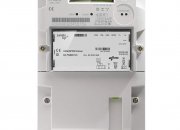1.Introduction
In today's interconnected world, the need to monitor and control remote I/O devices is critical for industries such as manufacturing, energy, and utilities. The Modbus protocol, a robust and widely adopted communication standard, provides an efficient and reliable solution for achieving this goal. This article delves into the essentials of using Modbus to manage remote I/O devices, highlighting the REDZ HUR Series and outlining its benefits, architecture, and practical applications.
2.What is Modbus?
Modbus is an open communication protocol developed in 1979 by Modicon (now Schneider Electric) for industrial automation systems. It facilitates communication between electronic devices, making it a staple in supervisory control and data acquisition (SCADA) systems. Its simplicity, reliability, and flexibility have led to its widespread adoption across various industries.
Key Features of Modbus Protocol
1. Simplicity: Modbus uses a straightforward request-response model, making it easy to implement and troubleshoot.
2. Flexibility: It supports multiple data formats, including discrete inputs, coils, holding registers, and input registers.
3. Scalability: Modbus can be implemented over different physical layers such as serial (RS-232/RS-485) and Ethernet (Modbus TCP/IP).
4. Interoperability: Its open standard ensures compatibility with a wide range of devices and systems.
3.REDZ HUR Series: A Specific Solution
The REDZ HUR Series is a high-performance line of remote I/O modules designed to work seamlessly with the Modbus protocol. These modules provide reliable data acquisition and control capabilities, making them ideal for industrial applications. Key features of the REDZ HUR Series include:
• Versatile Communication: Fully compatible with Modbus RTU and Modbus TCP/IP.
• Wide Input/Output Options: Supports analog inputs, digital inputs, digital outputs, and relay outputs to accommodate diverse application needs.
• Compact Design: Space-saving form factor for easy integration into control panels.
• Industrial Durability: Rugged build to withstand harsh environments, with extended temperature ranges and high EMC immunity.
• Easy Configuration: User-friendly setup via software tools, enabling quick deployment.
4. Monitoring and Controlling Remote I/O Devices with REDZ HUR Series
The REDZ HUR Series excels in monitoring and controlling remote I/O devices due to its advanced features and seamless integration with Modbus. Here’s how it can be utilized:
4.1 Monitoring
• Data Acquisition: The HUR Series modules read data from connected sensors, such as temperature, humidity, or pressure, through their analog and digital input channels.
• Real-Time Monitoring: Using Modbus communication, the data is transmitted to SCADA systems or PLCs for real-time analysis.
• Event Detection: Alerts and alarms can be generated based on predefined thresholds, enhancing system reliability and safety.
4.2 Control
• Output Control: The digital and relay output channels of the REDZ HUR Series enable precise control of actuators, motors, and other devices.
• Automation Integration: Seamlessly integrates with PLCs to execute automated processes, reducing manual intervention and operational delays.
4.3 Practical Applications of REDZ HUR Series
1. Industrial Automation: Controlling and monitoring conveyor belts, robotic arms, and assembly lines.
2. Energy Management: Supervising and controlling power distribution systems and renewable energy sources.
3. Building Automation: Managing HVAC systems, lighting controls, and security systems in smart buildings.
4. Water and Wastewater Management: Monitoring flow meters, pumps, and valve states to optimize operations.
4.4 Benefits of Using REDZ HUR Series with Modbus
• Enhanced Reliability: Industrial-grade durability ensures consistent performance in demanding environments.
• Ease of Integration: Plug-and-play compatibility with Modbus systems simplifies installation.
• Scalable Design: Multiple modules can be networked to handle extensive I/O requirements.
• Cost-Effectiveness: Reduces wiring and setup costs compared to traditional point-to-point systems.
4.5 Best Practices for Implementation
1. Optimize Device Placement: Position HUR Series modules close to sensors and actuators to minimize wiring complexity.
2. Secure Communication: Use authentication and encryption features, especially for Modbus TCP/IP, to prevent unauthorized access.
3. Regular Maintenance: Periodically check connections and firmware updates to ensure optimal performance.
4. Comprehensive Testing: Validate the system setup to identify and resolve potential issues before deployment.
5. Conclusion
The REDZ HUR Series, combined with the Modbus protocol, provides a powerful and versatile solution for monitoring and controlling remote I/O devices. Its robust design, ease of use, and wide compatibility make it an excellent choice for industrial automation and other applications. By leveraging the capabilities of the REDZ HUR Series, organizations can achieve efficient operations, real-time insights, and improved system control in today’s connected world.


